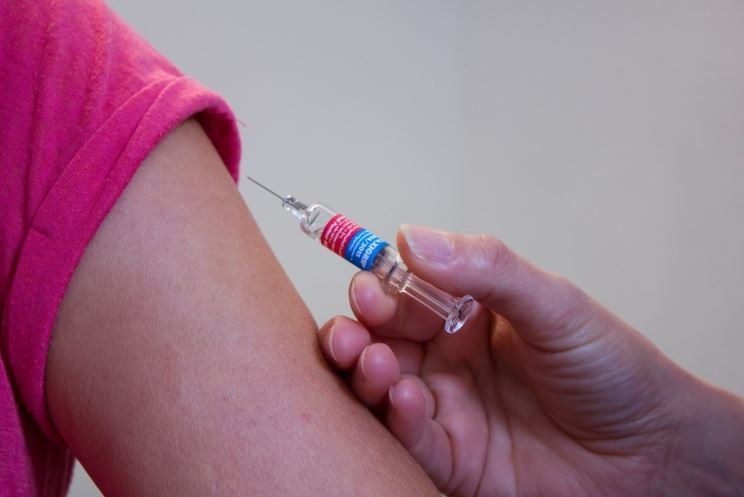A crisis plan will be put in place to counter doubts about vaccination in Flanders, confirmed the Agency for Care and Health.
The World Health Organisation (WHO) identified hesitancy about vaccines as one of the greatest threats to people's health in 2019. The number of measles cases has increased by 30% worldwide, as a result of this hesitancy. In Belgium, three times as many cases have been determined in the first nine months of 2019 as in the whole of 2018.
To make sure that the public keeps its trust in vaccines, the Flemish Agency for Care and Health have been working on a crisis plan. "In the first phase, we want to provide the vaccinators, meaning the doctors, paediatricians, nurses, etc, with extra tools to properly deal with the doubts that some people have," said Geert Top, the Agency's point of contact for questions about vaccinations, reports De Morgen.
"We want to organise a conference about this subject. Additionally, we are thinking of campaigns aimed at a broad public to maintain or restore their trust in vaccinations, and if possible strengthen it," he said, adding that scientific thinking has to be stimulated more in secondary school and higher education.
However, for most vaccines offered in the basic programme, Flanders still had an over 90% vaccination rate in 2018. "But not a lot is needed to suddenly lower that percentage," said Pierre Van Damme, a vaccinologist at the University of Antwerp, reports Het Laatste Nieuws. "Ireland and Denmark also had very good numbers, but several incidents caused the coverage to plummet from one day to the next," he added.
According to experts, this could also happen in Flanders. All the more so because there is also a substantial group of doubters here. One in five Belgians has questions about vaccines, according to international research by Heidi Larson, the director of The Vaccine Confidence Project. 21% of Belgians think that vaccines are not safe, according to her research.
A low level of vaccination in a population involves a lot of risks, like dangerous infectious diseases resurfacing. Additionally, people who cannot get a vaccine because of their age, an allergy or another disease, will only be protected if enough others have had a vaccine.
"If there are incorrect messages about vaccines, we must therefore have a communication strategy in place right away," said Top. "That, too, must be part of our crisis plan. At a time like this, everyone must be on the same wavelength and we must be able to move very quickly," he added.
Maïthé Chini
The Brussels Times

